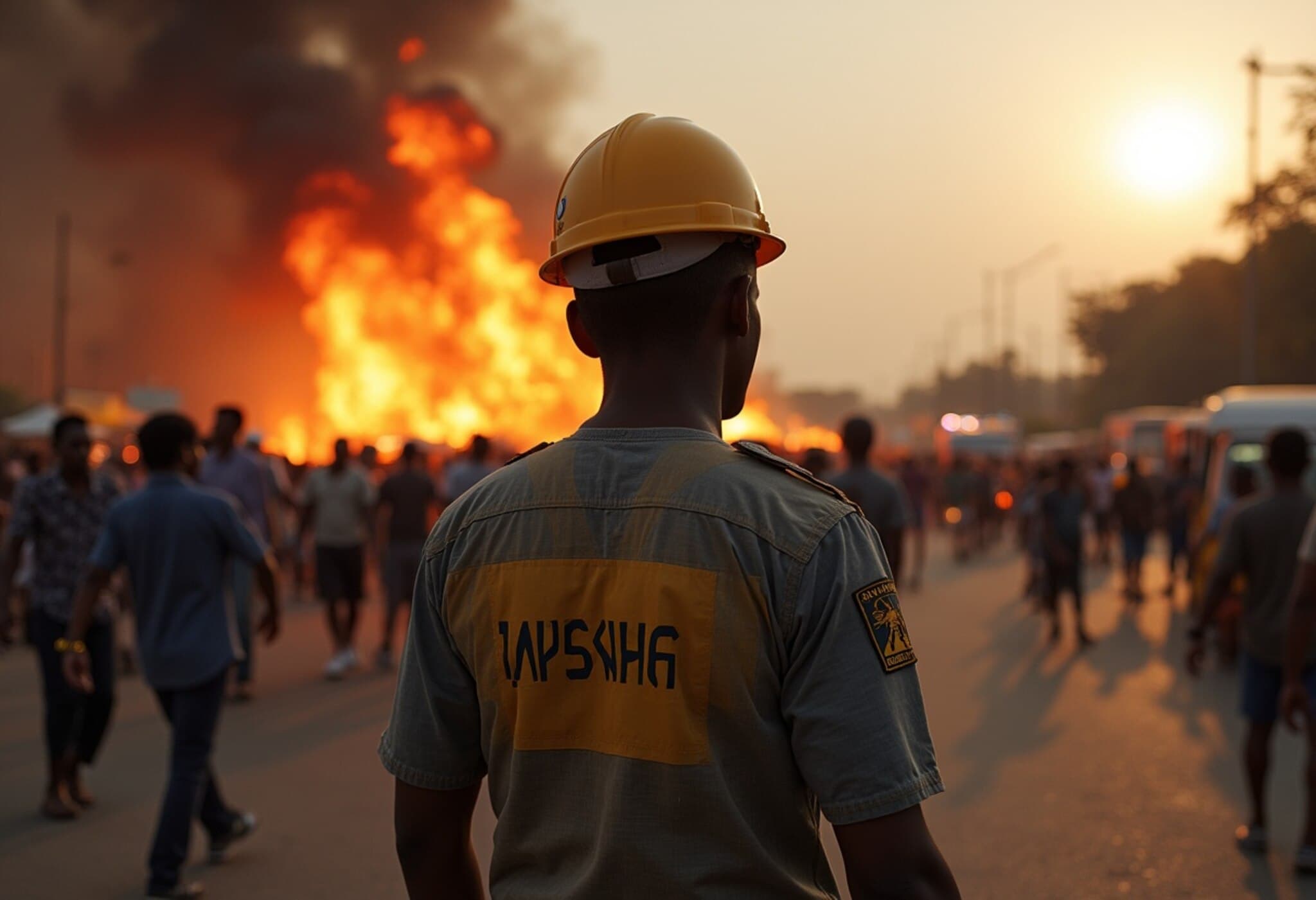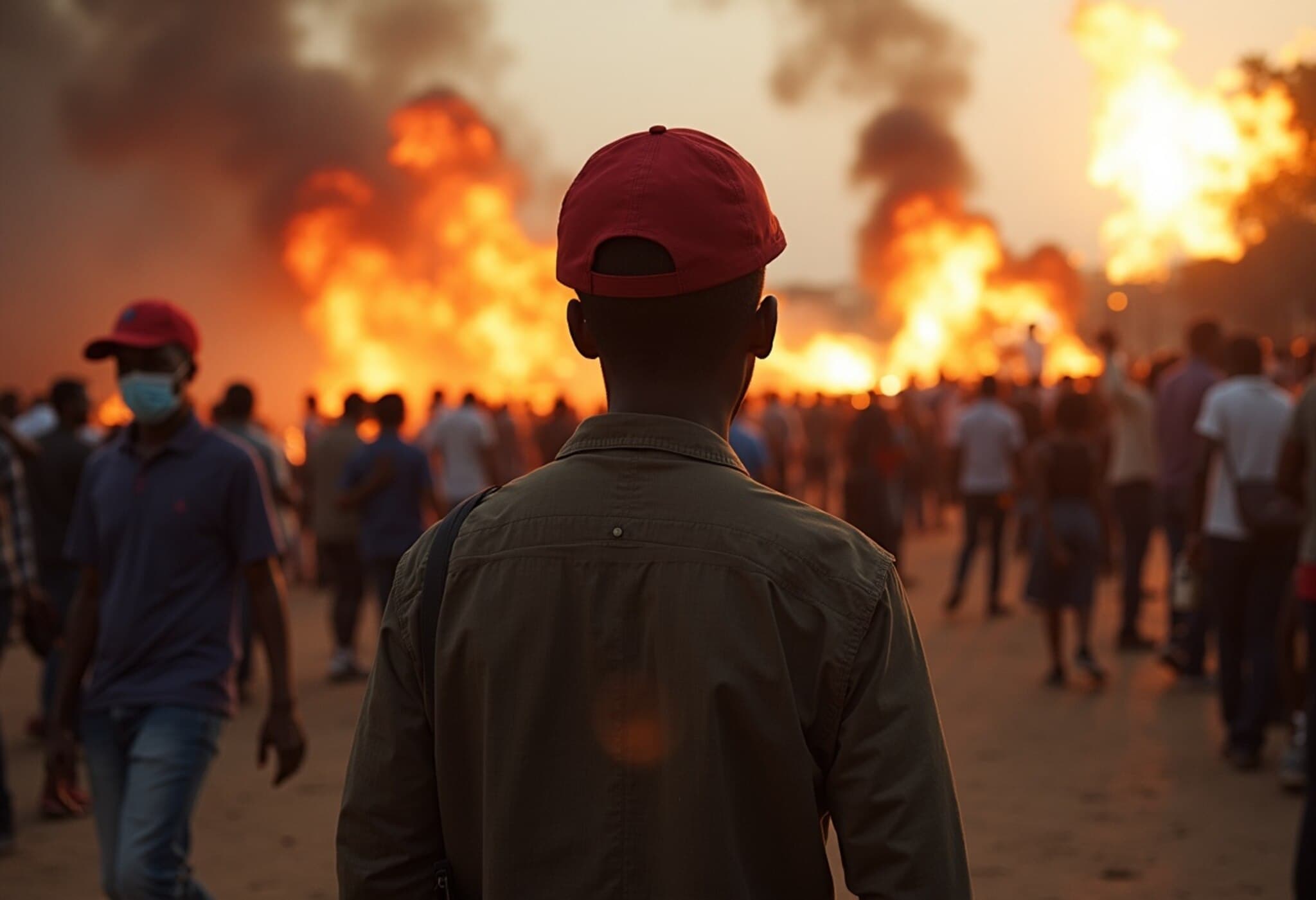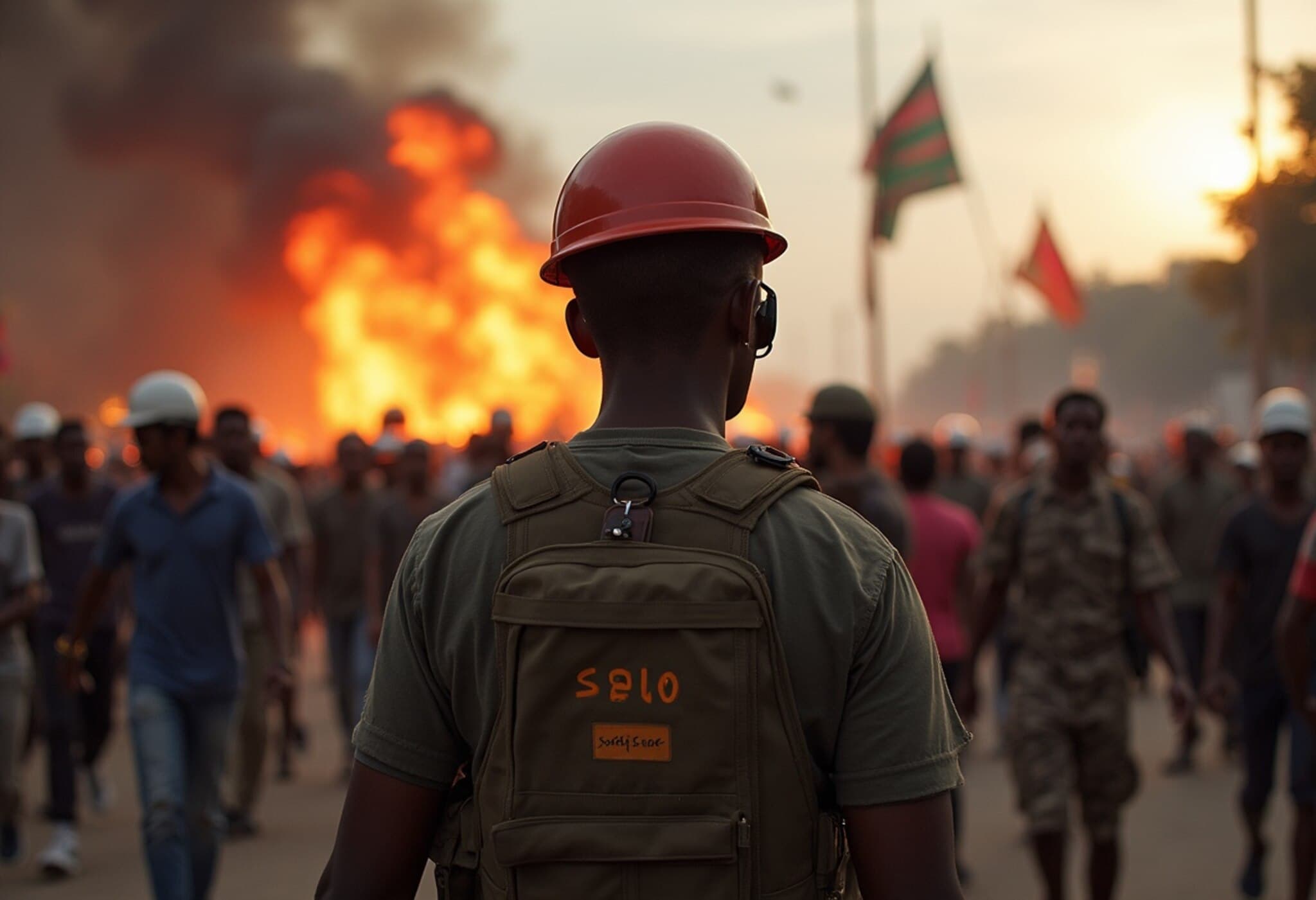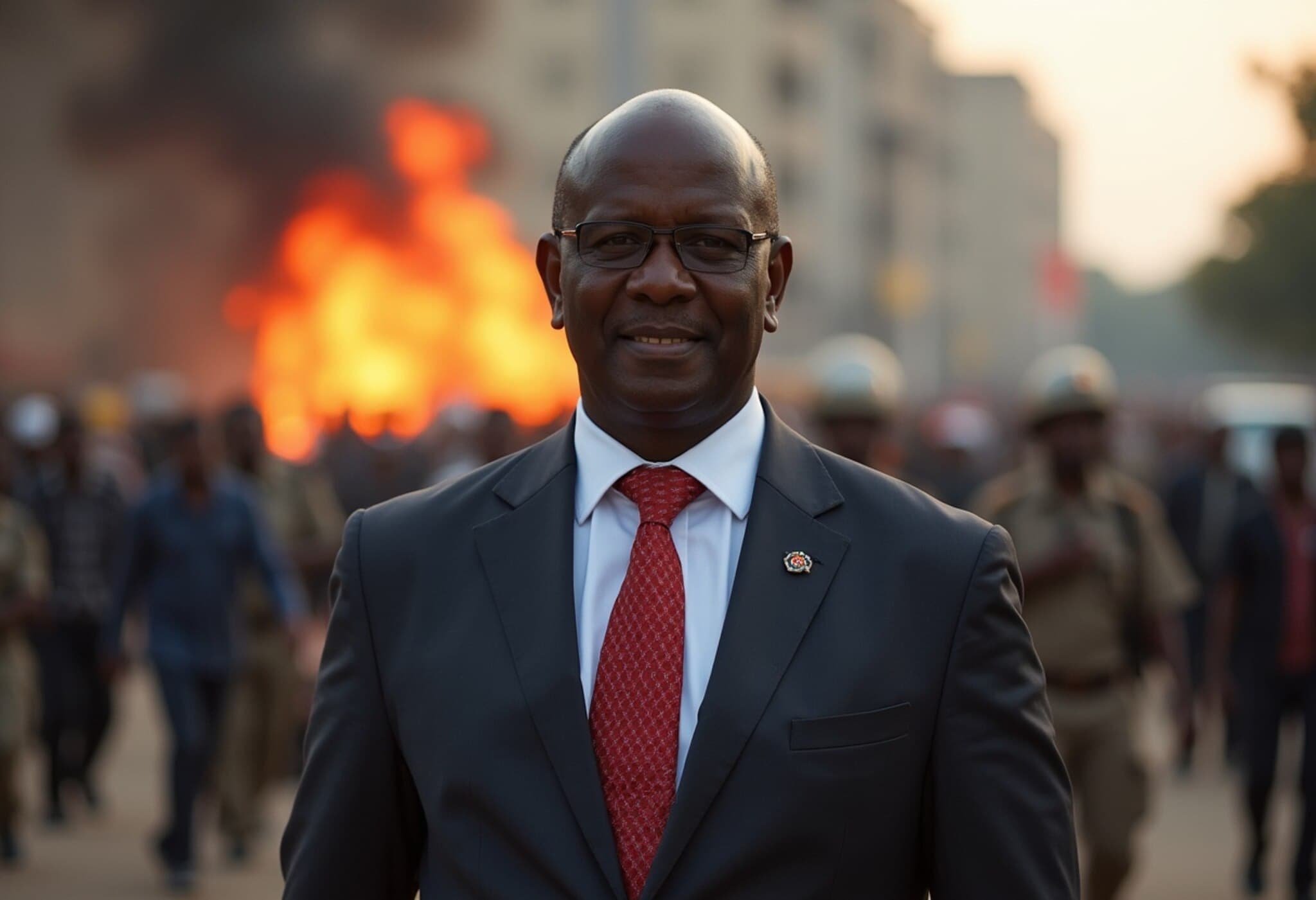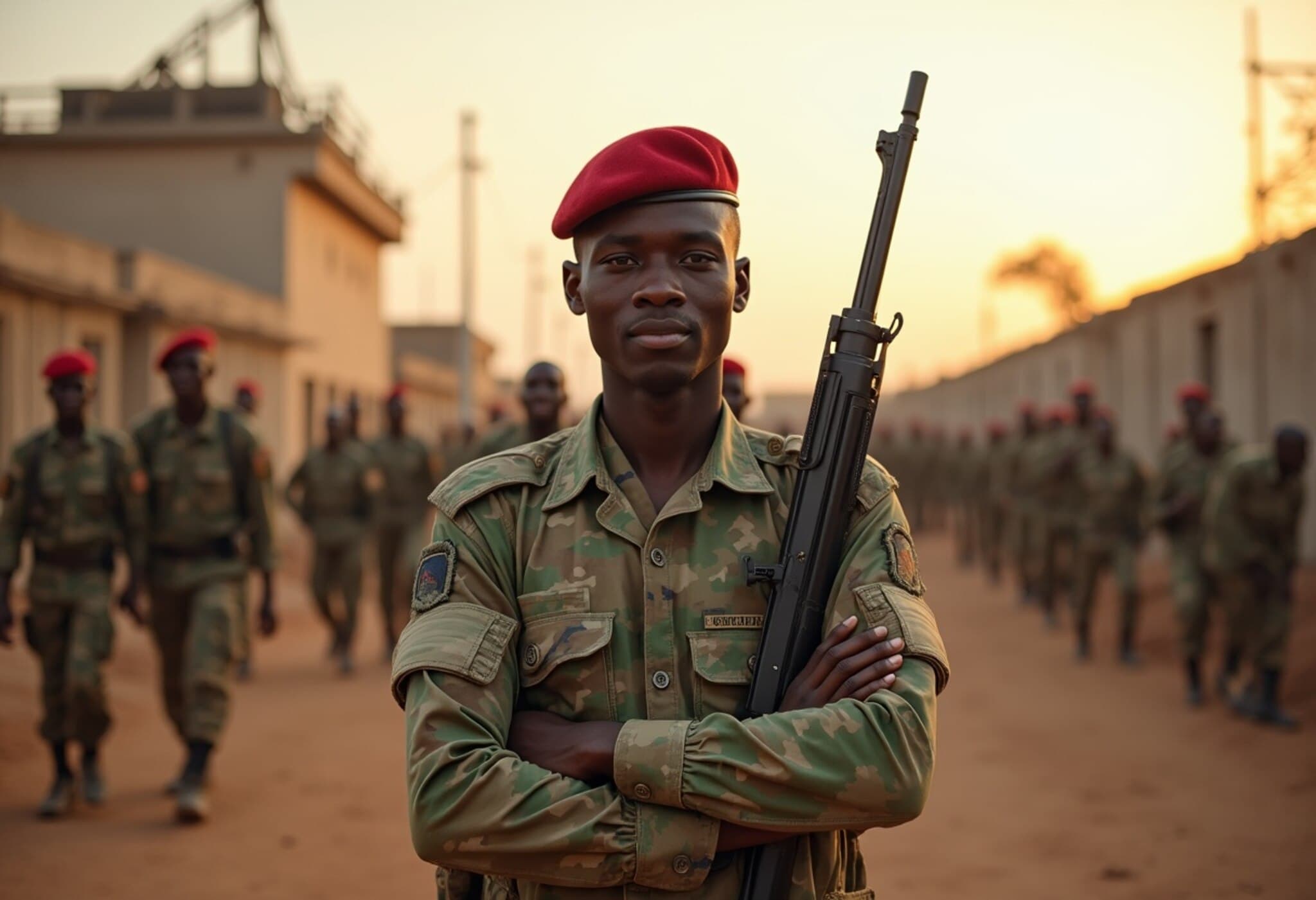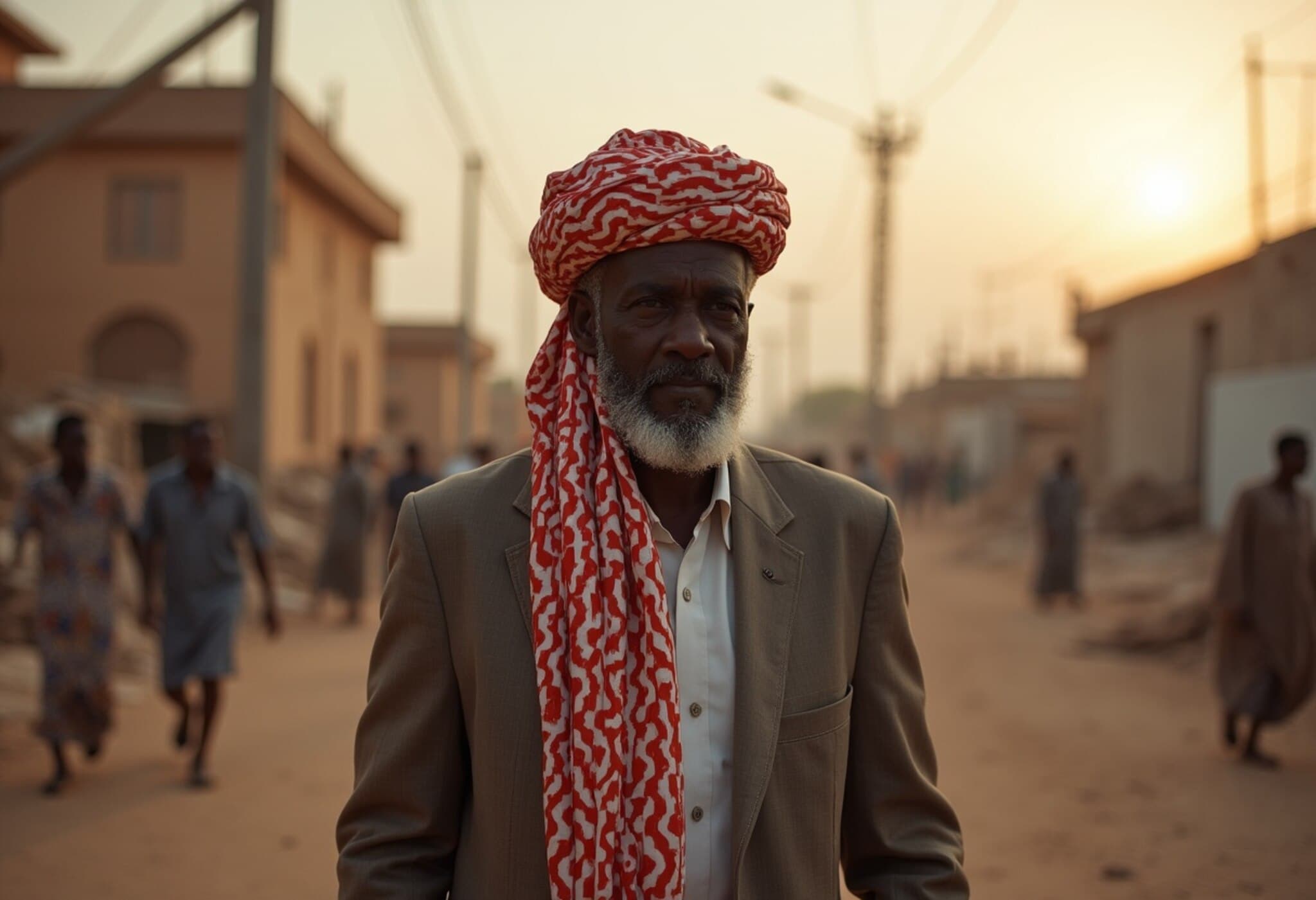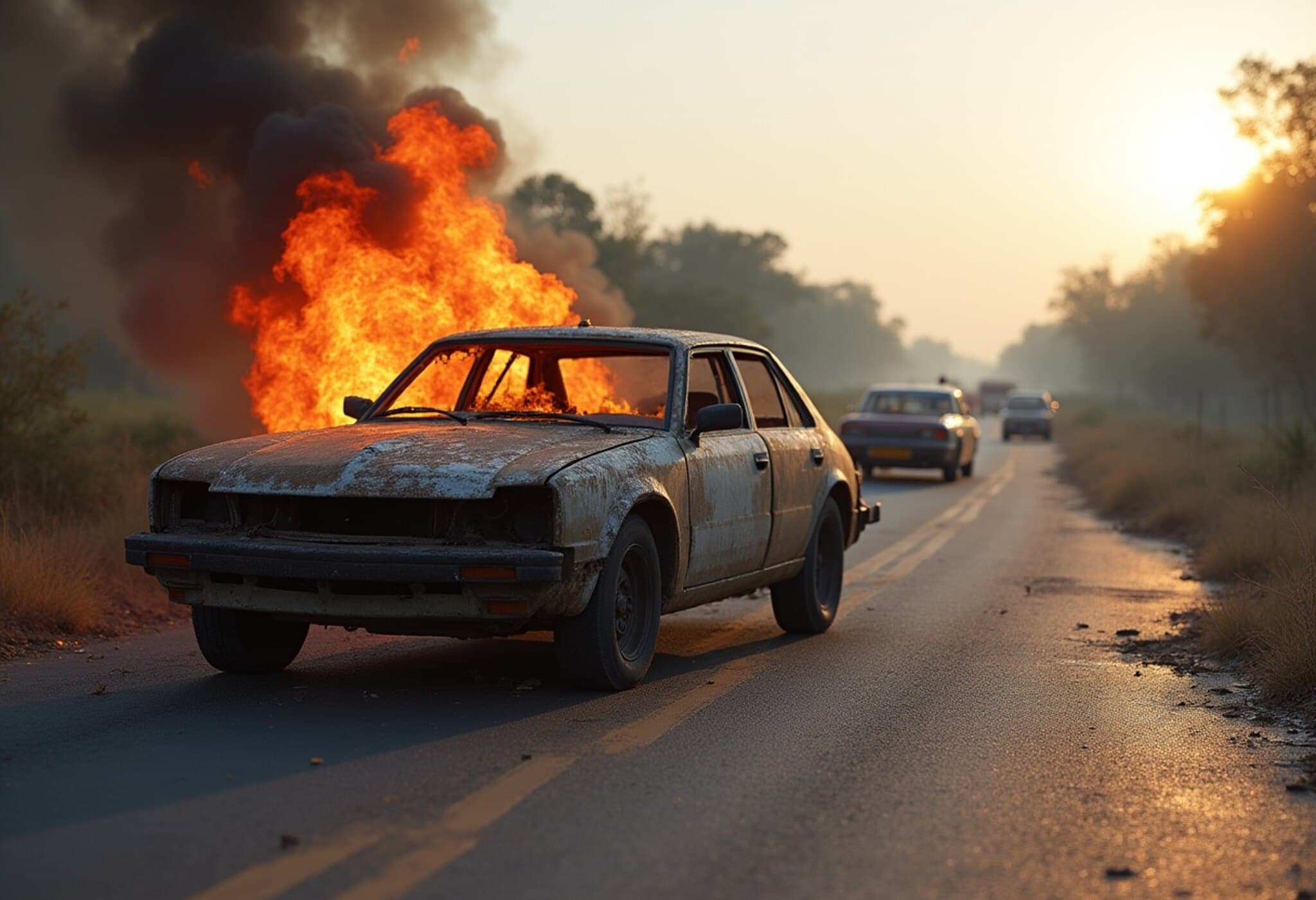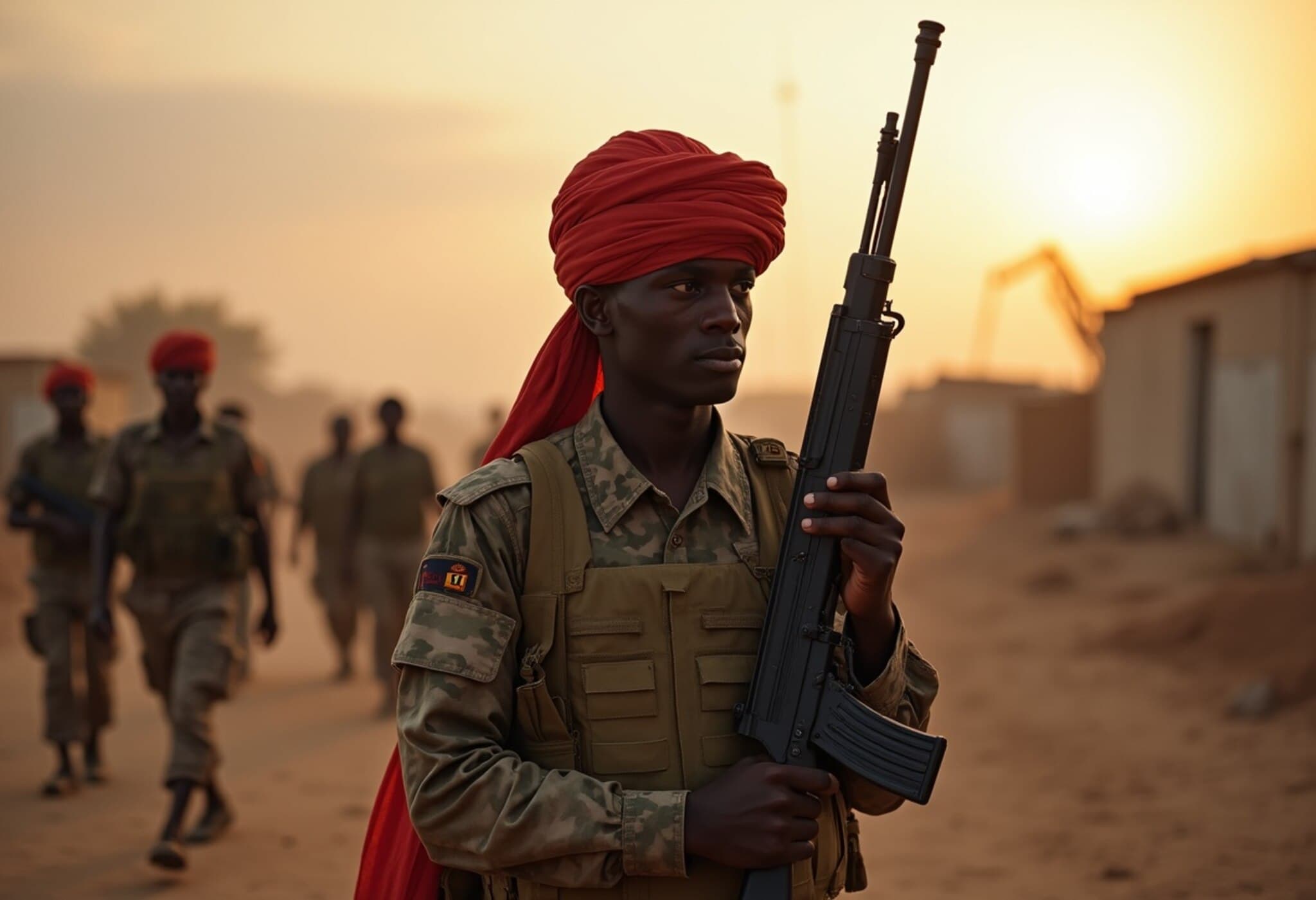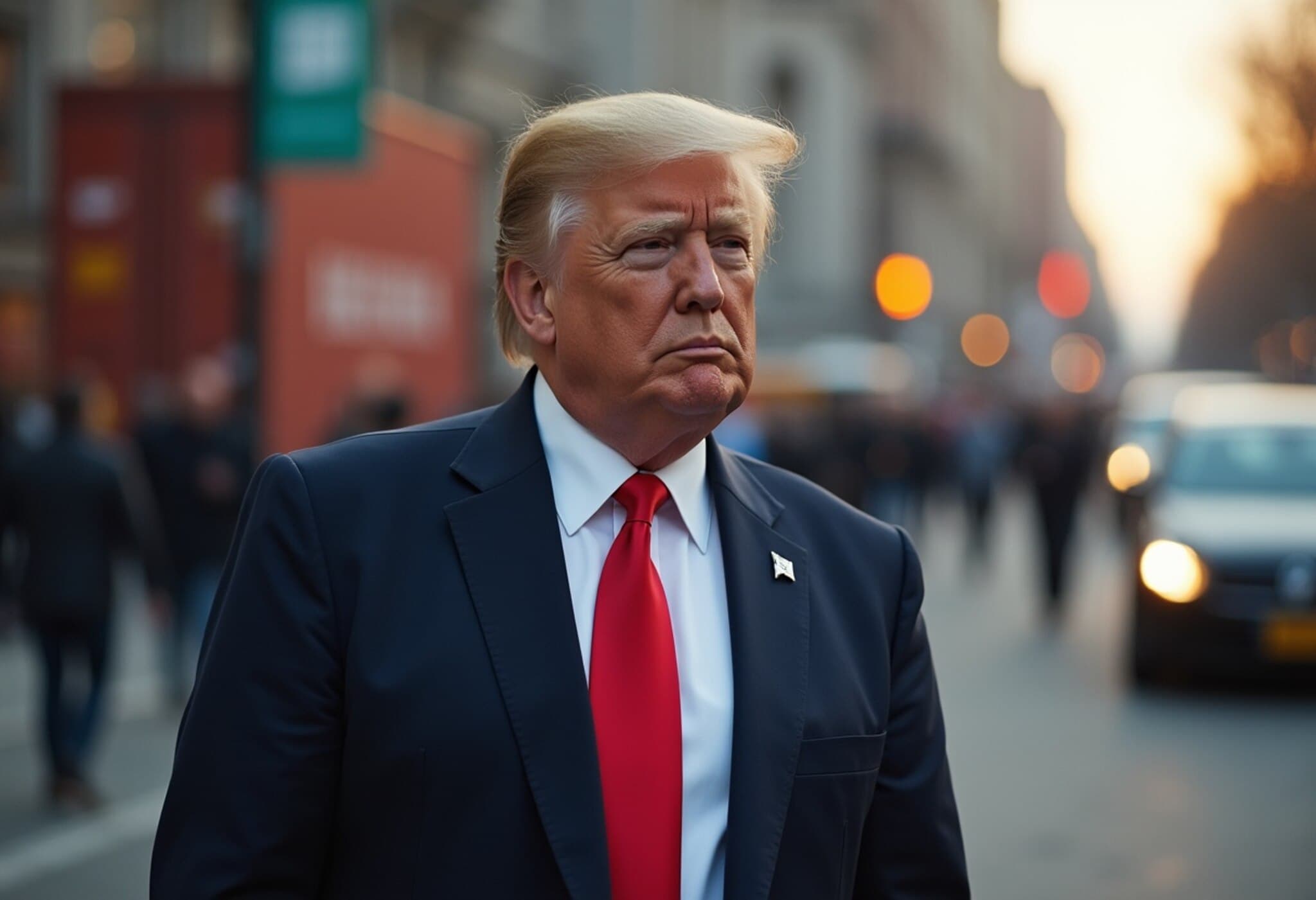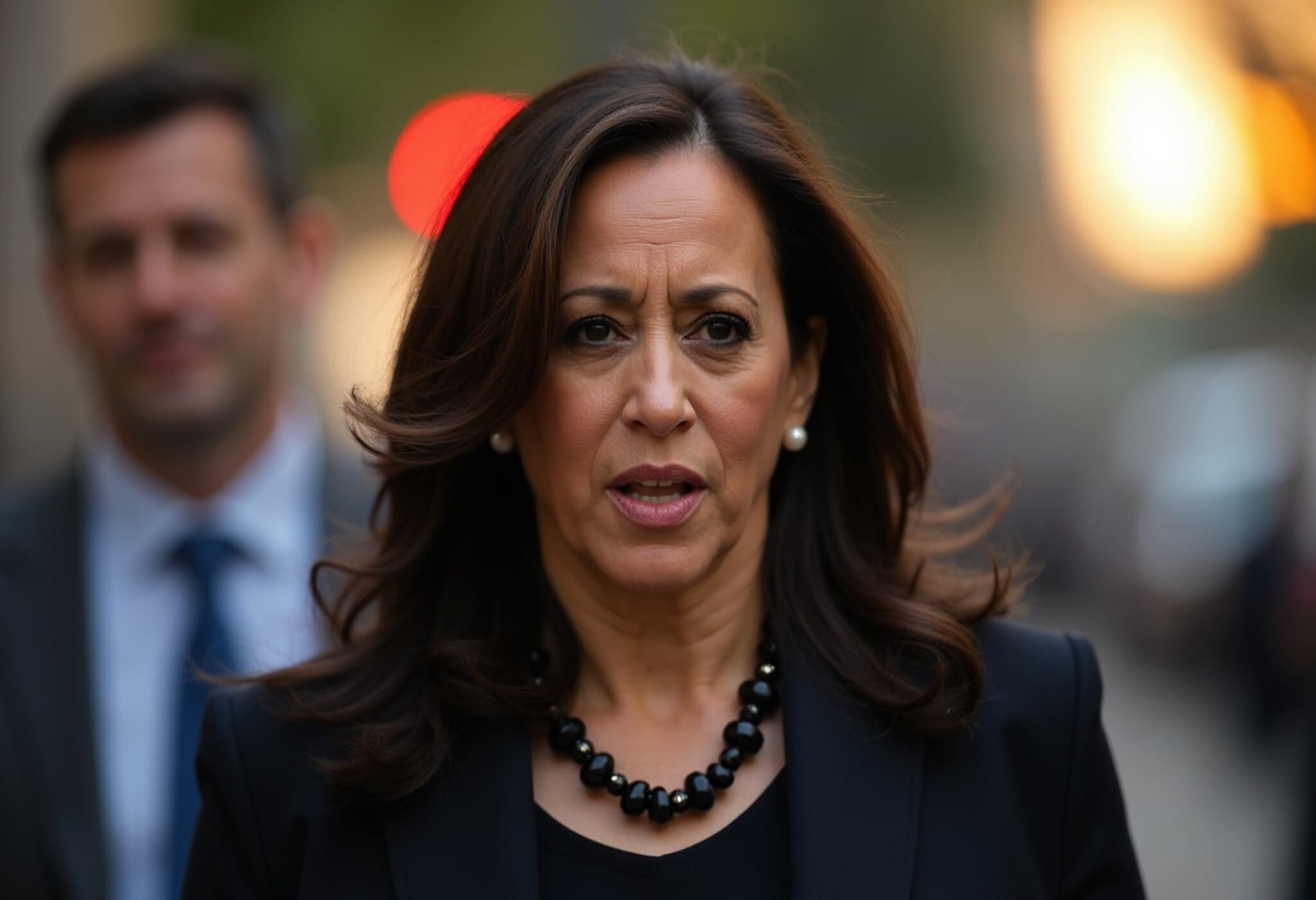Deadly Protests Erupt Across Angola Following Fuel Price Increase
At least 22 people, including a police officer, have lost their lives in Angola after two days of intense protests and violent looting erupted in response to a controversial fuel price hike. These protests, led primarily by striking taxi drivers, have been described as some of the most severe public disorder incidents the country has faced in recent years.
Background and Causes of the Unrest
The unrest began on July 29, 2025, when thousands of taxi drivers and ordinary citizens took to the streets to oppose the government’s decision to raise gasoline prices from 300 to 400 kwanzas per liter (approximately $0.33 to $0.43 USD) starting July 1. Angola, one of Africa’s key oil producers, has been grappling with rising living costs amid stubborn inflation close to 20% and unemployment nearing 30%, factors that have exacerbated the economic strain on its 36 million inhabitants.
The fuel price adjustment came after the government heeded recommendations from the International Monetary Fund (IMF) to reduce subsidies on fuel, intending to reallocate funds towards essential social sectors such as healthcare and education. However, this policy shift has ignited widespread anger among citizens already strained by economic hardship.
Escalation of Violence and Government Response
The protests quickly escalated beyond peaceful demonstrations. Across Luanda, Angola’s bustling capital, and other cities including Lubango, protesters engaged in looting supermarkets and warehouses, seizing food and basic supplies. Security forces responded with heavy presence and, at times, force to restore order amid clashes that resulted in nearly 200 injuries and over 1,200 arrests.
Interior Minister Manuel Homem expressed regret over the deaths, confirming that among the casualties was one police officer. Alarmingly, in Lubango, a police officer shot and killed a 16-year-old during an attempt to storm the local MPLA party headquarters, highlighting the tension and volatility gripping the nation.
Political and Social Undercurrents
While the immediate catalyst was the fuel price hike, the protests reveal deeper societal frustrations. Opposition parties, including UNITA and the Bloco Democrático, labeled Angola's current state a "severe economic and social crisis" driven by government policies they say are increasingly detached from the reality faced by ordinary Angolans.
Many protesters openly condemned not only the increase in living costs but also pointed to entrenched issues of corruption and governance under the ruling MPLA party, which has been in power since independence in 1975. The dissatisfaction bridges multiple sectors, fueled by a youth population facing bleak employment prospects and declining purchasing power.
Human Rights and Historical Context
Amnesty International and other human rights organizations have raised concerns about excessive force employed by police against demonstrators. Angola's recent history is marked by a brutal civil war (1975-2002) and long-standing authoritarian rule, making current events resonate deeply with citizens wary of repression.
Looking Ahead: Economic Pressures and Policy Challenges
According to the World Bank, inflation and lackluster economic growth threaten to keep poverty rates stubbornly high—projected around 36% by 2026—emphasizing an urgent need for robust social safety nets and careful economic planning. The government’s balancing act will be scrutinized globally as it faces demands to improve living standards while managing fiscal sustainability.
Voices from the Ground
Daniel Pedro, a 32-year-old teacher from Luanda, spoke poignantly about his fears and frustrations: "The government seems to ignore its people. Youth are called the future, yet today they are unemployed and insecure. This feeling runs deep across our communities." His words capture the emotional toll and uncertainty engulfing many Angolans amid the unrest.
Editor’s Note
The shocking loss of life and widespread unrest in Angola underscore the critical intersection of economic policy and social stability. While fiscal reforms are necessary, their implementation without adequate protective measures can exacerbate inequalities and ignite public fury. This situation highlights broader challenges faced by resource-rich developing countries struggling to reconcile global economic pressures with domestic welfare. As Angola moves forward, comprehensive dialogue involving government, opposition, civil society, and international partners will be vital in crafting solutions that address immediate concerns while paving the way for sustainable and inclusive growth.
Key questions for observers and policymakers:
- How can Angola balance IMF recommendations with urgent social needs?
- What role can the international community play in supporting equitable economic reforms?
- How might Angola’s youth be better empowered to participate meaningfully in the nation’s future?
- What safeguards are needed to ensure human rights protection during periods of unrest?

